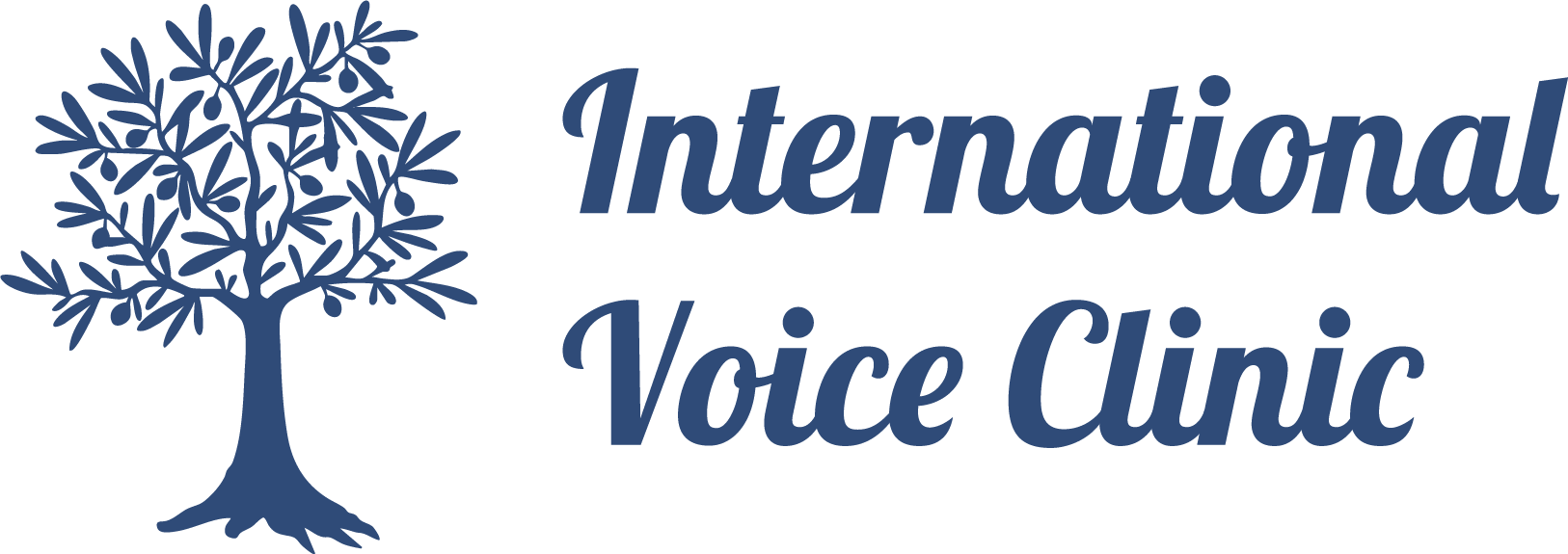What not to do for a healthy voice
- Do not talk loudly and do not shout.
- Do not cheer or shout for long periods of time during sporting events.
- Avoid going to noisy clubs or pubs after performances as much as possible.
- Do not try to speak loudly to make yourself heard in noisy environments such as pubs, gyms, family gatherings, buses and aeroplanes.
- Do not sneeze loudly. Make a normal sound but do not create extra noise.
- Do not make noise when yawning.
- Do not stay up late the night before the performance.
- Do not sing outdoors without a suitable amplifier.
- Do not cough repeatedly and do not clear your throat often. If you have a chronic cough and habitual throat clearing, see a voice disorders specialist for assessment and treatment.
- Do not talk or sing after a cold or laryngitis.
- Do not sing if you feel pain when swallowing.
- Do not strain your voice to sing higher or lower than your comfortable range.
- Do not sing for a long time. If you notice that your voice becomes hoarse after singing, something is wrong.
- Do not whisper for a long time.
- Do not lift your chest and shoulders when you breathe.
- Do not change your voice image. Do not change your natural speaking voice.
- Do not talk too much on the day of the show.
- Do not use antihistamines (allergy medication) without consulting an otolaryngologist who is knowledgeable about voice problems.
- Do not use substances that may impair your perception (such as alcohol, diazepam).
- Do not use steroids (may cause changes in vocal cords and voice quality).
Wishing you a healthy voice.





